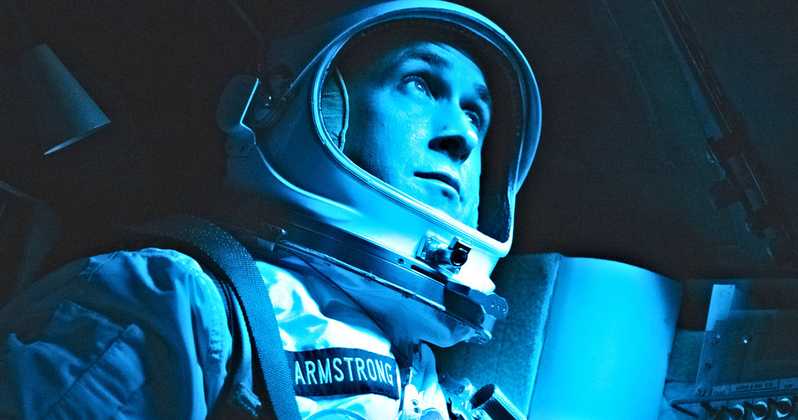- Home
- Uncategorized
- First Man (2018) – Movie Review
- Home
- VideosHumanstein gowatch https://humanstein.com/wp-content/uploads/2021/01/movies-for-the-moment-january-2021-1024x575.png 960 539
- About
- ReviewsHumanstein gowatch https://humanstein.com/wp-content/uploads/2019/10/M_02145_RC-1.jpg 750 500Humanstein gowatch https://humanstein.com/wp-content/uploads/2019/01/Suspiria-Dance-Volk-Sequence-Cover-1280x640-1024x512.jpg 960 480
- Movie ReviewsHumanstein gowatch https://humanstein.com/wp-content/uploads/2019/10/M_02145_RC-1.jpg 750 500Humanstein gowatch https://humanstein.com/wp-content/uploads/2019/01/Suspiria-Dance-Volk-Sequence-Cover-1280x640-1024x512.jpg 960 480
- Junk Food ReviewsHumanstein gowatch https://humanstein.com/wp-content/uploads/2017/04/super-nova-doritos-review-australia-1024x293.jpg 960 275Humanstein gowatch https://humanstein.com/wp-content/uploads/2017/03/brightside-skittles-review-1024x293.jpg 960 275
- TV ReviewsHumanstein gowatch https://humanstein.com/wp-content/uploads/2017/10/riverdale-black-hood-banner-1024x293.jpg 960 275Humanstein gowatch https://humanstein.com/wp-content/uploads/2017/02/last-picture-show-1024x293.jpg 960 275
- Movie Reviews
- LongformHumanstein gowatch https://humanstein.com/wp-content/uploads/2020/12/krampus-thumbnail-fixed-1024x575.png 960 539Humanstein gowatch https://humanstein.com/wp-content/uploads/2020/12/posw-1024x576.jpg 960 540
- EssaysHumanstein gowatch https://humanstein.com/wp-content/uploads/2021/01/EsHYfikXEAE2ot9-1024x576.jpg 960 540Humanstein gowatch https://humanstein.com/wp-content/uploads/2020/12/posw-1024x576.jpg 960 540
- Essays
- Pop CultureHumanstein gowatch https://humanstein.com/wp-content/uploads/2021/01/movies-for-the-moment-january-2021-1024x575.png 960 539Humanstein gowatch https://humanstein.com/wp-content/uploads/2020/12/krampus-thumbnail-fixed-1024x575.png 960 539
- EssaysHumanstein gowatch https://humanstein.com/wp-content/uploads/2021/01/EsHYfikXEAE2ot9-1024x576.jpg 960 540Humanstein gowatch https://humanstein.com/wp-content/uploads/2020/12/posw-1024x576.jpg 960 540
- Essays
- ListsHumanstein gowatch https://humanstein.com/wp-content/uploads/2019/01/Suspiria-Dance-Volk-Sequence-Cover-1280x640-1024x512.jpg 960 480Humanstein gowatch https://humanstein.com/wp-content/uploads/2018/10/blood-soaked-1024x429.jpg 960 402
- Junk FoodHumanstein gowatch https://humanstein.com/wp-content/uploads/2017/04/super-nova-doritos-review-australia-1024x293.jpg 960 275Humanstein gowatch https://humanstein.com/wp-content/uploads/2017/03/brightside-skittles-review-1024x293.jpg 960 275
- Junk Food ReviewsHumanstein gowatch https://humanstein.com/wp-content/uploads/2017/04/super-nova-doritos-review-australia-1024x293.jpg 960 275Humanstein gowatch https://humanstein.com/wp-content/uploads/2017/03/brightside-skittles-review-1024x293.jpg 960 275
- Junk Food Reviews
- HorrorHumanstein gowatch https://humanstein.com/wp-content/uploads/2020/12/krampus-thumbnail-fixed-1024x575.png 960 539Humanstein gowatch https://humanstein.com/wp-content/uploads/2020/10/dollsclowns-1024x576.jpg 960 540
- NostalgiaAlex L gowatch https://humanstein.com/wp-content/uploads/2016/10/haunted-mansion-featured-1024x293.jpg 960 275Humanstein gowatch https://humanstein.com/wp-content/uploads/2016/07/gbfeatured.jpg 816 431
-
![The Politics of Star Wars: The Original Trilogy – Part One – Modern Mythology [VIDEO]](https://humanstein.com/wp-content/uploads/2021/01/EsHYfikXEAE2ot9.jpg)
The Politics of Star Wars: The Original Trilogy – Part One – Modern Mythology [VIDEO]
https://youtu.be/ca746a7pSGM Welcome to the first part of a series covering The Politics of Star Wars. This first section introduces the series and the goal of the project be... -
![Movies for the Moment: Episode 1 – January 2021 [Video]](https://humanstein.com/wp-content/uploads/2021/01/movies-for-the-moment-january-2021.png)
Movies for the Moment: Episode 1 – January 2021 [Video]
https://www.youtube.com/watch?v=yAjfNkqSyPo It's January 2021 and this is the first installment of Movies for the Moment. Let's take a look back at what we've been going thro... -
![The Christmas Legend of Krampus: Folklore & Pop Culture [Video]](https://humanstein.com/wp-content/uploads/2020/12/krampus-thumbnail-fixed.png)
The Christmas Legend of Krampus: Folklore & Pop Culture [Video]
Who the heck is Krampus and why is everybody always talking about him around the Holidays? Well, he's a hairy, long-tongued Christmas demon. Some people will tell you he'... -
![The Politics of Star Wars: The Original Trilogy [Video]](https://humanstein.com/wp-content/uploads/2020/12/posw.jpg)
The Politics of Star Wars: The Original Trilogy [Video]
What are the politics of Star Wars? Let's get something clear right up front: those movies have been jam-packed with political messages since the very first film in 1977. They'... -
![Rating Horror Clowns & Horror Dolls [Video]](https://humanstein.com/wp-content/uploads/2020/12/clownrating.jpg)

